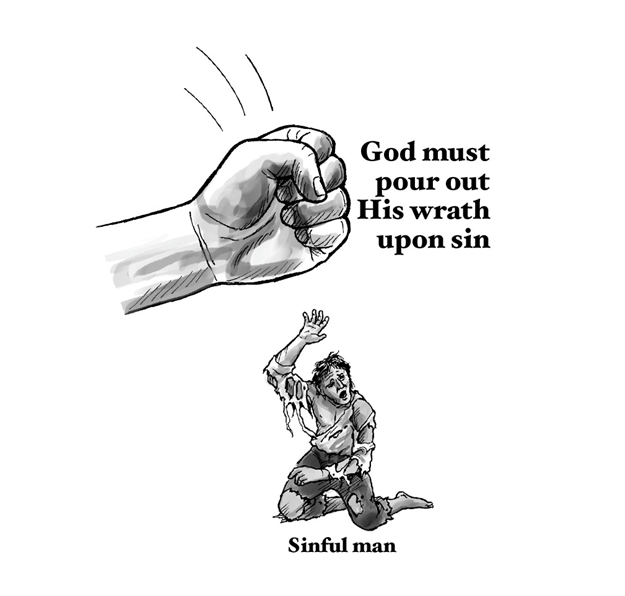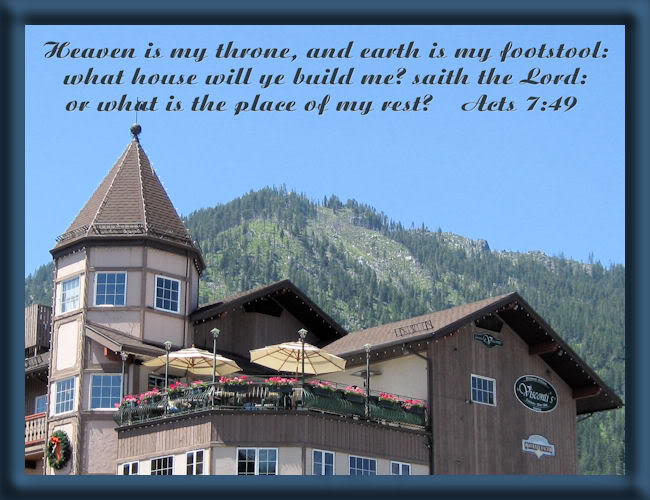
2 Samuel 14

In today’s chapter, there is a somewhat similar event to that of chapter 12.
In both chapters, there were people being sent to King David to tell stories, one to convict him of his wickedness, and another to bring back a son who killed his brother.
But the stark contrast between these two somewhat similar events was that the first story allows us to see the justice of God, and the second warns us of the injustice of man.
Bible Passage: 2 Samuel 14
Our God is a forgiving God, but definitely, He is also a just God.
O Lord our God, You answered them;
You were a forgiving God to them,
And yet an avenger of their evil deeds.Psalms 99:8
The Lord is slow to anger and great in power,
And will not at all acquit the wicked.
The Lord has His way
In the whirlwind and in the storm,
And the clouds are the dust of His feet.
Nahum 1:3
In chapter 12, David committed a serious sin of killing a husband in order to covet the wife. But David repented after God rebuked and passed judgments on him through Prophet Nathan, and God forgave him. (see 2 Samuel 12: 10 – 14)
God is forgiving, but He is also just, so David had to pay the price; and the price was the life of the son that Uriah’s wife bore to David.
In today’s chapter, David agreed to allow Absalom to come back to the palace without passing any judgment for the murder of his brother.
David was forgiving, but he was not just in this case. Because of his injustice, he allowed Absalom to be restored to his position, but Absalom did not improve his character as we could read from chapters 15 and onwards regarding his unscrupulous ways in plotting to usurp his father’s throne.
Even in this chapter, in order to get Joab to ask for an audience with his father, which Joab initially refused, Absalom set Joab’s field on fire. There could have been other ways to get to Joab but Absalom chose to resort to burning his field indeed revealed his style of dealing with things and his violent mentality.
Have we been partial in our dealings with the people around us? Do we favor certain people and despise others in our love and concern for them?
For our God is holy, therefore we have to be holy (Leviticus 19:2). Similarly, our God is just, therefore we have to be just.
So let us all be warned that we must not be unjust in our dealings with other people, and we must not allow our emotion to blind ourselves from the justice that God has shown us.
Let me not, I pray, show partiality to anyone;
Nor let me flatter any man.Job 32:21
Shalom
2 Samuel 13
2 Samuel 15
You May Also Like

2 Samuel 7
February 21, 2014
2 Samuel 4
February 19, 2014